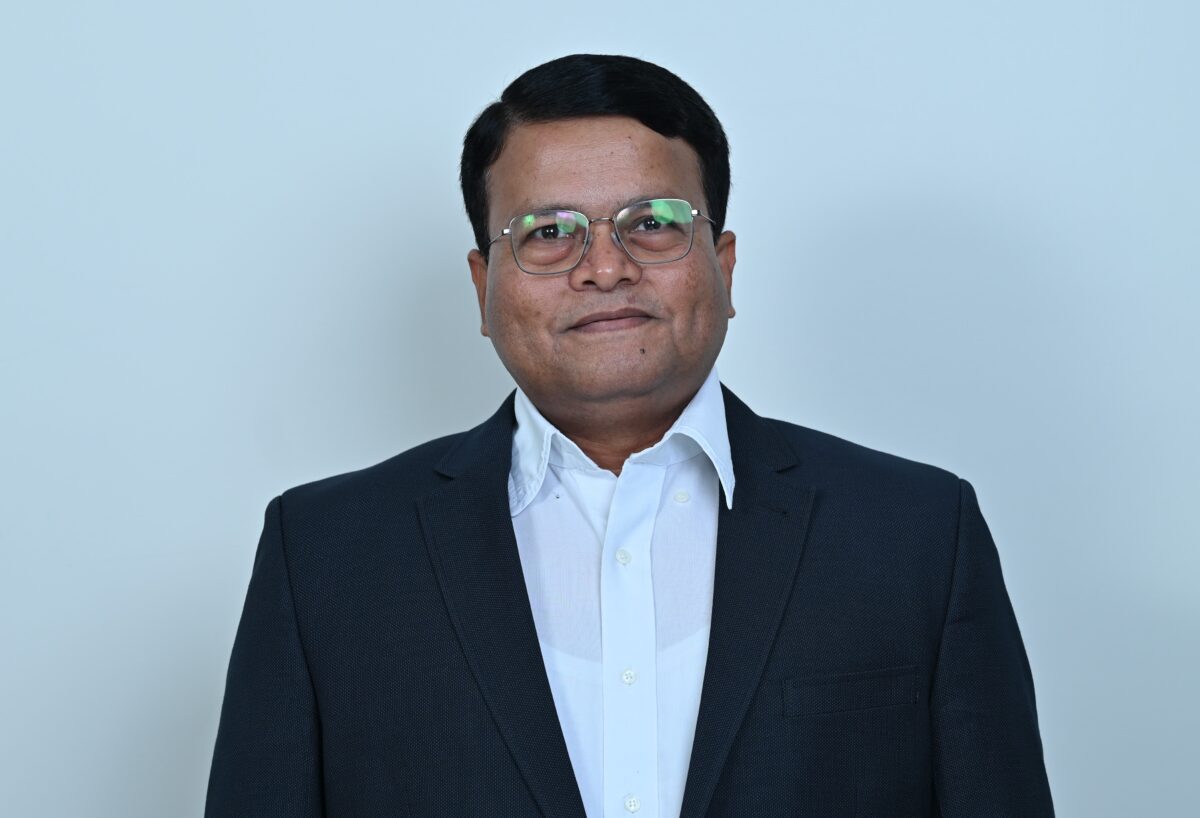While solar panels stand out as a commendable source of clean energy, it’s important to recognise that their performance can vary under different conditions, particularly in the presence of dirt and contaminants. Despite their lack of moving parts, these panels inevitably accumulate additional debris over time, including dust, pollutants, and bird droppings, leading to a potential decrease in energy output by up to 15%. This underscores the necessity for consistent monitoring and periodic maintenance to optimise panel efficiency and ensure their long-term effectiveness.
Key components to maintain
Ensuring the reliable performance of solar PV systems demands a meticulous approach to the maintenance of essential solar operations and maintenance (O&M) practices. This encompasses not only the solar PV panels but also batteries, charge controllers, inverters, and all associated wiring and connections. The smooth functioning of these components ensures the longevity and consistent performance of the solar system, maximizing its energy generation potential and overall reliability.
Efficient performance of solar panels, particularly in countries with diverse climates like India, hinges on consistent maintenance practices. The performance of a panel might be seriously hampered by dust buildup. Following the manufacturer’s guidelines, cleaning with water and gentle brushes or microfiber cloths is essential to ensure maximum energy output. The cleaning frequency should be based on the soiling loss, prioritizing low-performing inverters over conventional approach of target cleaning cycles.
Additionally, periodic testing is beneficial in assessing the module performance within the warranty provided by the OEM. This proactive approach not only enhances energy generation but also extends the lifespan of the panels, offering long-term cost-effectiveness.
Moreover, routine inspections stand as a cornerstone of effective solar PV system management. By conducting regular assessments, potential issues can be identified and addressed in their early stages. Employing monitoring systems that offer real-time performance data is instrumental in detecting underperforming panels or faulty equipment swiftly. This proactive maintenance strategy not only prevents major breakdowns but also fine-tunes the system to operate at its peak efficiency, ensuring consistent energy production over time.
Taking proactive measures to develop an emergency response plan or breakdown impact analysis in the event of failure of any equipment/spare in the plant, ensures the timely restoration of the equipment and consequently, enhancing plant availability. The digitalization of tools for tracking end-to-end O&M activities, spanning from procurement, operations, reporting, preventive/predictive/breakdown maintenance plan and HSE, plays a vital role in centralized management of O&M activities.
Many other components play a pivotal role in the operation of solar plants, underscoring the importance of maintenance, with a particular focus on inverter maintenance. Often regarded as the heart of the system, inverters require regular checks, software updates, and timely replacements. This ensures the efficient conversion of DC to AC power, enabling the system to function optimally.
Moreover, battery maintenance is vital for energy storage and overall reliability. Proper operation involves monitoring battery health, ensuring the correct charge and discharge cycles, and avoiding overcharging or deep discharging. Regular inspections of electrolyte levels, corrosion, and connection integrity are crucial to prevent performance degradation and ensure the longevity of the battery.
Similarly, the charge controller, which regulates the flow of energy from the solar panels to the battery, also requires regular maintenance. This involves verifying its correct functioning and preventing both overcharging and undercharging of the battery. Monitoring its settings and performance ensures efficient energy conversion and protection against voltage fluctuations. Moreover, regular examination of wiring and connections is necessary to identify any loose or damaged components. Diligent wiring maintenance minimizes energy losses and prevents potential safety hazards due to short circuits or fires.
The success of these solar O&M efforts depends on the skills of manpower employed for the job. Investing in skilled manpower and providing comprehensive training is essential. Trained technicians equipped with the necessary knowledge can swiftly diagnose problems, perform repairs, and conduct preventive measures, thus minimizing system downtime. Collaborating with reputable O&M service providers offers the advantage of professional upkeep, combining expertise with the latest industry practices.
Most importantly, maintaining stringent adherence to safety protocols is non-negotiable in solar O&M practices. Regular technical and safety trainings, utilization of protective gear, and strict compliance with local regulations guarantee the well-being of personnel and the environment.
To sum up
Enforcing operational and maintenance (O&M) practises for solar systems offers advantages beyond extending equipment lifespan. These advantages include increased effectiveness, cost savings, and a future powered by more sustainably produced energy. Operations and maintenance activities across all components are essential to ensure the efficient, safe, and reliable functioning of a solar PV system. To unlock the full potential of India’s solar installations and align with the country’s aspirations for sustainable energy, it is imperative to adhere to optimal O&M and preventive maintenance practices.
The views and opinions expressed in this article are the author’s own, and do not necessarily reflect those held by pv magazine.
This content is protected by copyright and may not be reused. If you want to cooperate with us and would like to reuse some of our content, please contact: editors@pv-magazine.com.








By submitting this form you agree to pv magazine using your data for the purposes of publishing your comment.
Your personal data will only be disclosed or otherwise transmitted to third parties for the purposes of spam filtering or if this is necessary for technical maintenance of the website. Any other transfer to third parties will not take place unless this is justified on the basis of applicable data protection regulations or if pv magazine is legally obliged to do so.
You may revoke this consent at any time with effect for the future, in which case your personal data will be deleted immediately. Otherwise, your data will be deleted if pv magazine has processed your request or the purpose of data storage is fulfilled.
Further information on data privacy can be found in our Data Protection Policy.